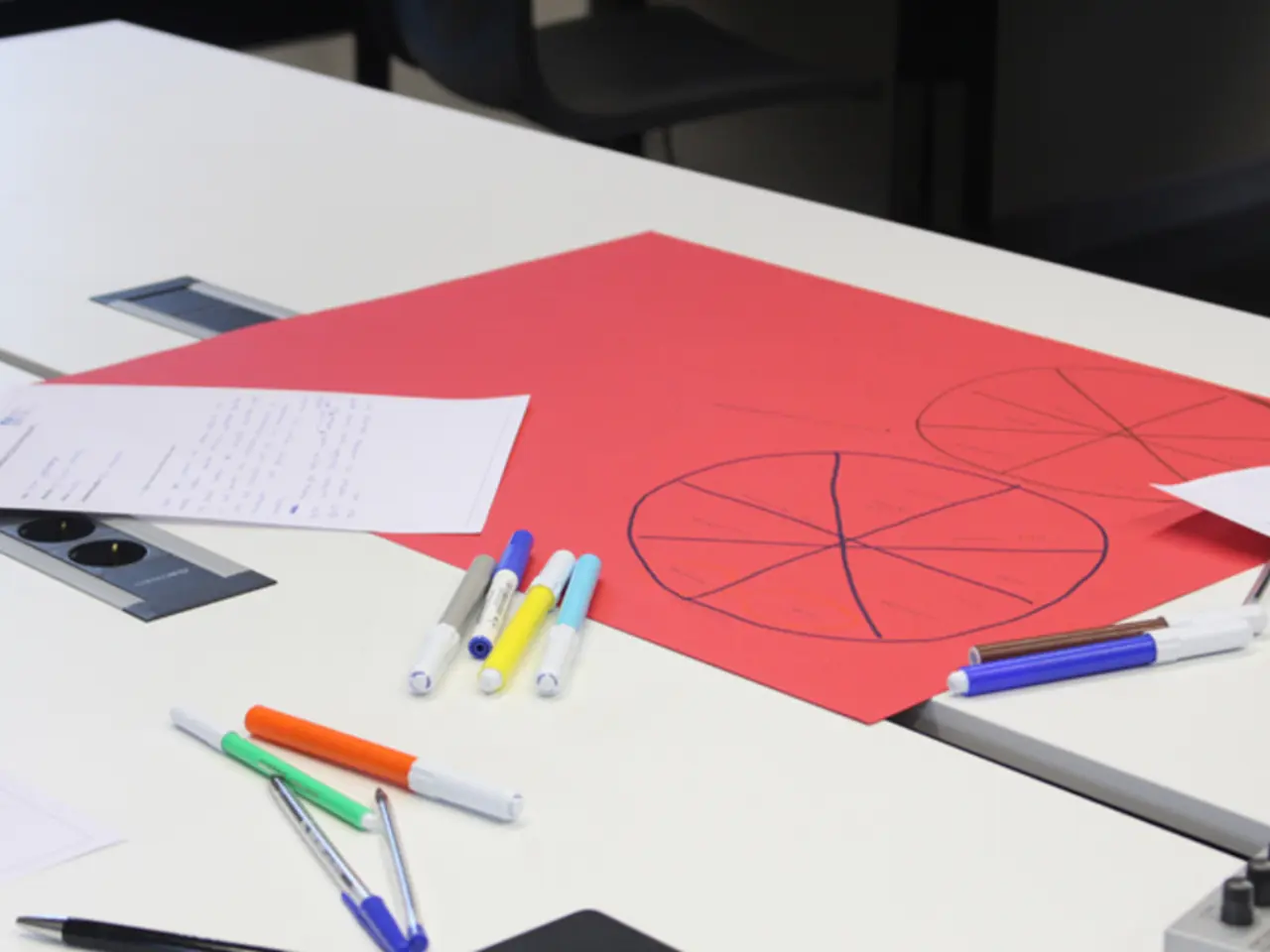World Bank Debts Owed by Syria to Be Repaid by Saudi Arabia and Qatar
Get ready for some major changes in war-torn Syria, baby! The Saudi and Qatari royal families just announced they'll be paying off Syria's long-standing debt to the World Bank – a whopping $15 mil – and that's about to open up a can of whoop-ass for Syrians!
This move is gonna kickstart World Bank support for Syria once more, after a staggering 14 years of financial stalemate. With the stamp of approval from the World Bank, Syria's recovering from a gruesome 14-year-long conflict that has cost the lives of half a million innocent folks and left the nation in shambles.
The Saudi and Qatari cash injection was thrashed out at this month's Washington meetings between the World Bank and International Monetary Fund (IMF). Syria's Foreign Ministry gave a massive thanks to the two nations, claiming it's the key to reactivating cooperation between Syria and the World Bank for healing and reconstruction.
Since December, when insurgent clowns led by the Islamist Hayat Tahrir al-Sham ousted Bashar Assad's government, Saudi Arabia and Qatar have been pumping cash into Syria's new leadership like a Vegas slot machine.
To rebuild Syria's wrecked infrastructure and get the country back on its feet will cost at least $250bn (€220.4bn). Some experts think that'll be just the beginning, and the total could rise to $400bn (€352.6bn).
The Middle East cleared a path for Syria to cash in on World Bank loans again
The Saudi-Qatari joint statement hints that these new funds should reinstate the World Bank's assistance to Syria, which has been on ice for more than fourteen years. The statement suggests that the payment of Syria's loans will enable the country to qualify for future World Bank financing in vital sectors. Unfortunately, they didn't specify which sectors these are or give an exact timeline for when the dough starts flowing.
Syria's infrastructure has seen better days. The country's been plagued with long power cuts, and Qatar already started pumping natural gas through Jordan to ease that problem last month.
A common challenge for rebuilding Syria has been Western sanctions originally targeting Assad's regime and cronies. However, things are looking up. The Trump administration has loosened some restrictions and has given a permission slip for certain transactions with the Syrian government, such as some energy deals and accidental transactions.
The EU has also eased some sanctions on Syria, releasing restrictions on energy, transport, and aviation sectors, as well as suspending energy and transport obstacles, including oil, gas, and electricity.
Even the British government jumped on the bonfire, announcing this week that it's releasing sanctions on a dozen Syrian entities, including government departments and media outlets.
So, keep an eye on Syria, cherries – it looks like things are about to get interesting!
**Syria
The Saudi-Qatari joint statement has linked Syria's debt payment to potential future World Bank financing, signaling a path for Syria to access World Bank loans again in crucial sectors. This financial arrangement could be a significant shortcut for Syria's business and finance sectors, as they rebuild infrastructure and aim to stabilize the country's economy. However, the exact sectors and timeline for the funding remain uncertain.






